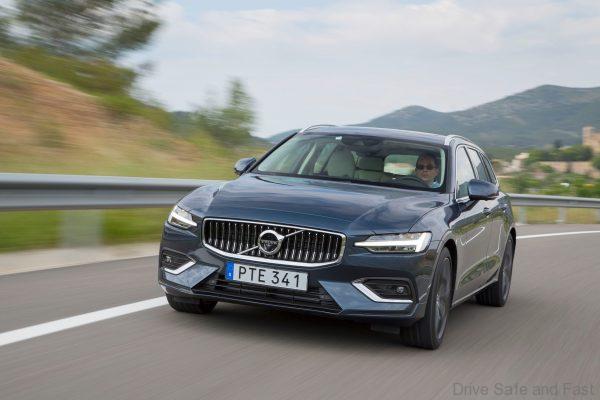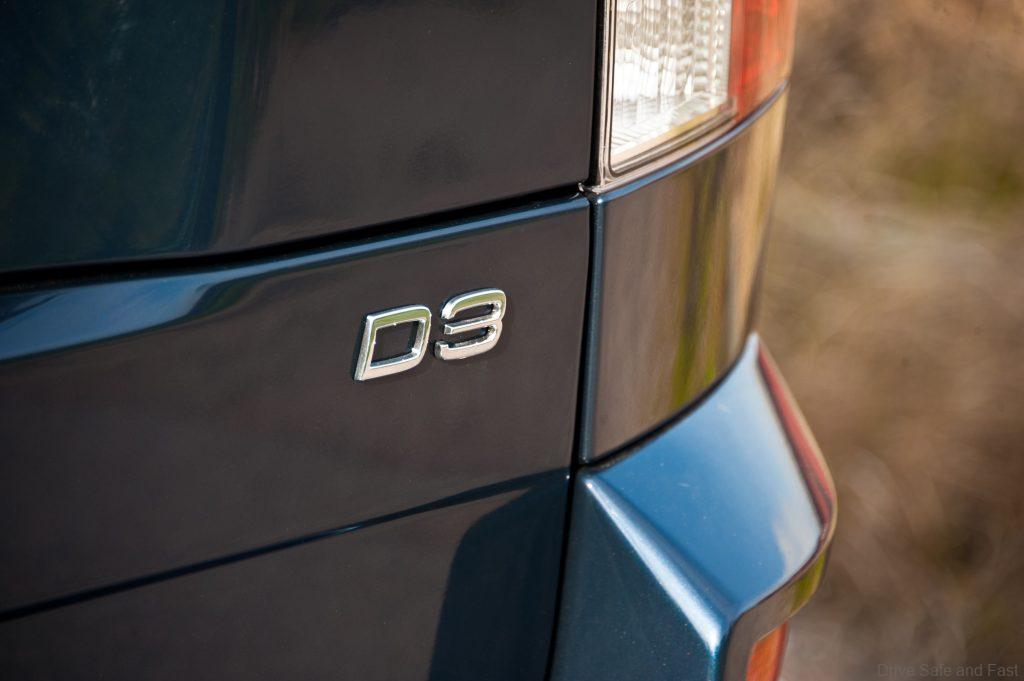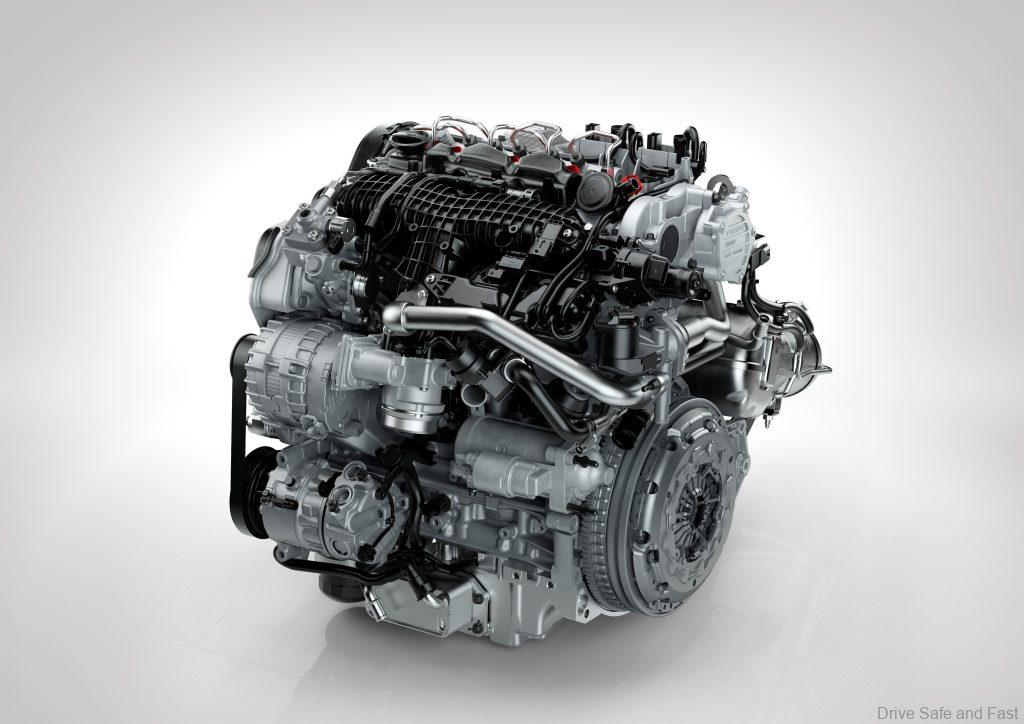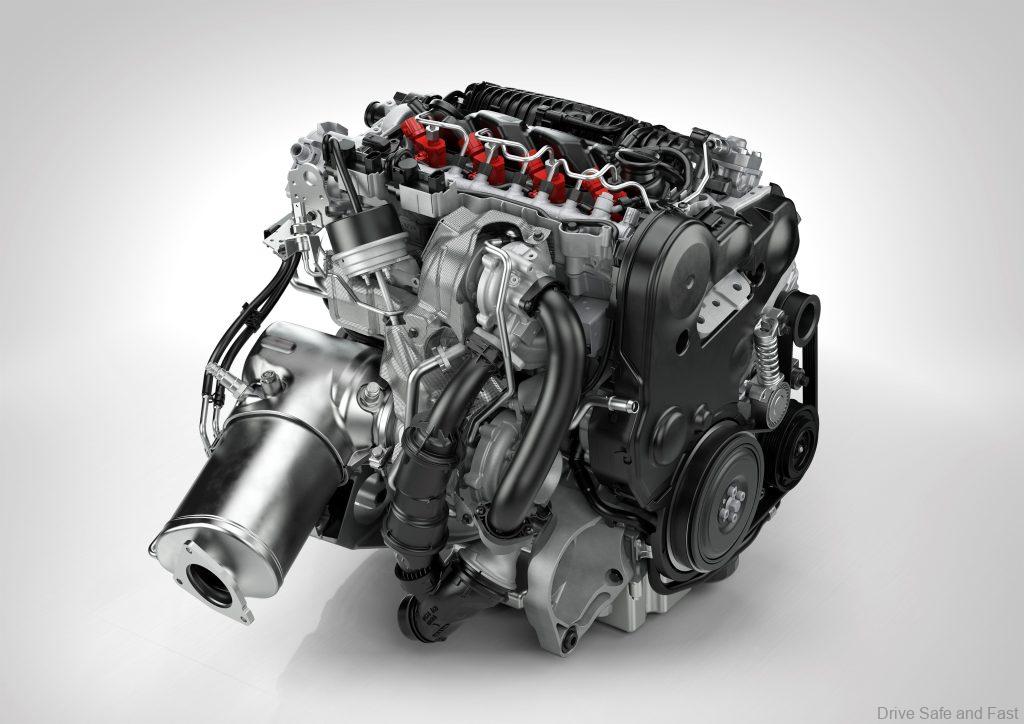Volvo Car announces the end of diesel engine production next year.
Volvo Cars was one of the first major car companies to announce the end of ICE production with the aim of selling fully-electric cars exclusively by the year 2030. What’s more, they intend to become a fully climate neutral company by 2040. With that commitment in mind, the company is already showing the steps they’ll make on the way to those goals. This week, they announced a major decision – to cut production of diesel-powered models by early next year. This was preceeded by a 2017 announcement that the brand would halt further development of diesel engines.

That means that in just a few months, Volvo Cars will make its last ever diesel model. This fuel type has been available on Volvo models since at least the 200 series. Diesel gained popularity in Europe throughout the last few decades and in 2019, the majority of passenger cars sold on the continent were diesel powered. While economic realities still play a big part, the sentiment towards the petrol alternative has changed in recent years, especially after the dieselgate scandal came to light.

Today, tighter emissions regulations and the broader availability of electric vehicles and a more vast charging network means that most of Volvo’s sales in Europe are made up of either fully-electric or plug-in hybrid vehicles.

Since November 2022, none of Volvo Car’s R&D budget has been put into new internal combustion engine development. The company is entirely focused on improving electric motors, batteries and electrified systems.
“Electric powertrains are our future, and superior to combustion engines: they generate less noise, less vibration, less servicing costs for our customers and zero tailpipe emissions,” says Jim Rowan, Chief Executive at Volvo Cars. “We’re fully focused on creating a broad portfolio of premium, fully electric cars that deliver on everything our customers expect from a Volvo – and are a key part of our response to climate change.”

Fewer diesel-powered passenger cars means better urban air quality as nitrogen oxide pollutants from its fumes can have a direct adverse effect on human health.
“What the world needs now, at this critical time for our planet and humanity, is leadership,” says Jim Rowan. “It is high time for industry and political leaders to be strong and decisive, and deliver meaningful policies and actions to fight climate change. We’re committed to doing our part and encourage our peers as well as political leaders around the globe to do theirs.”


